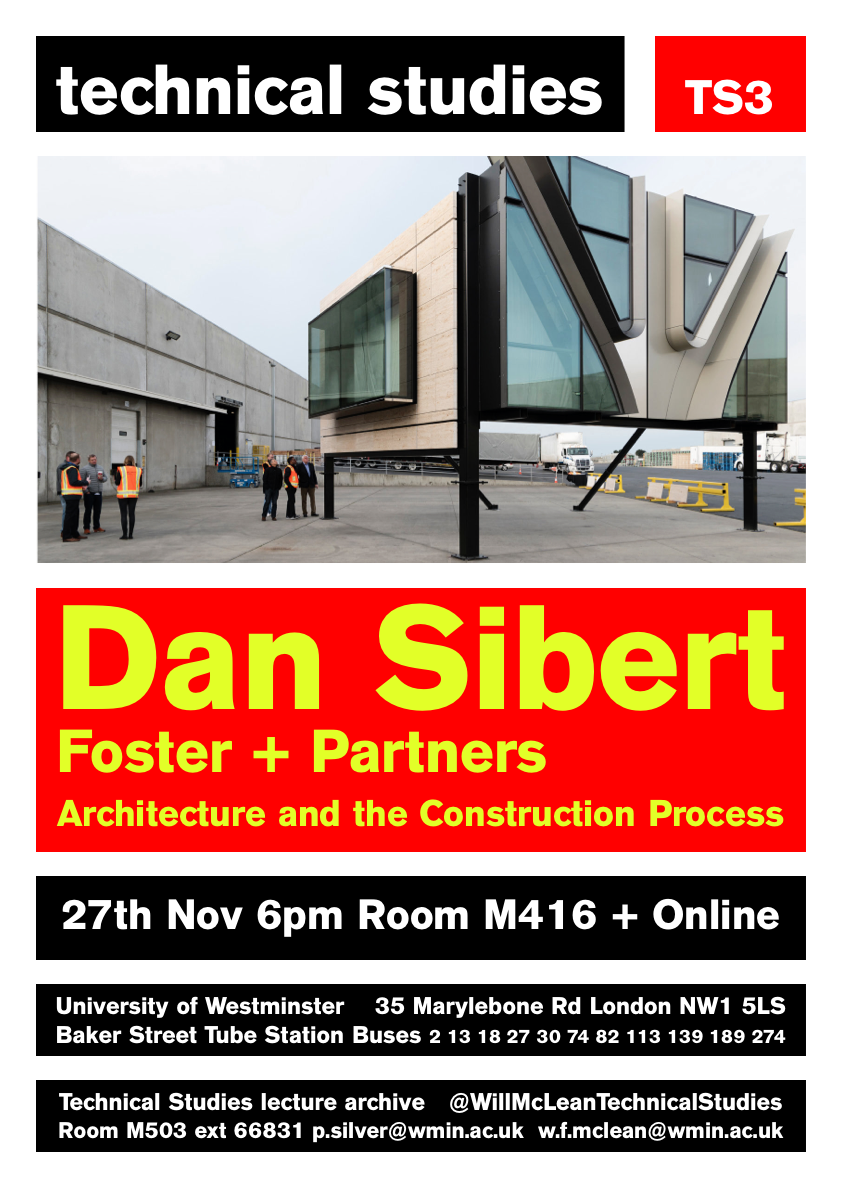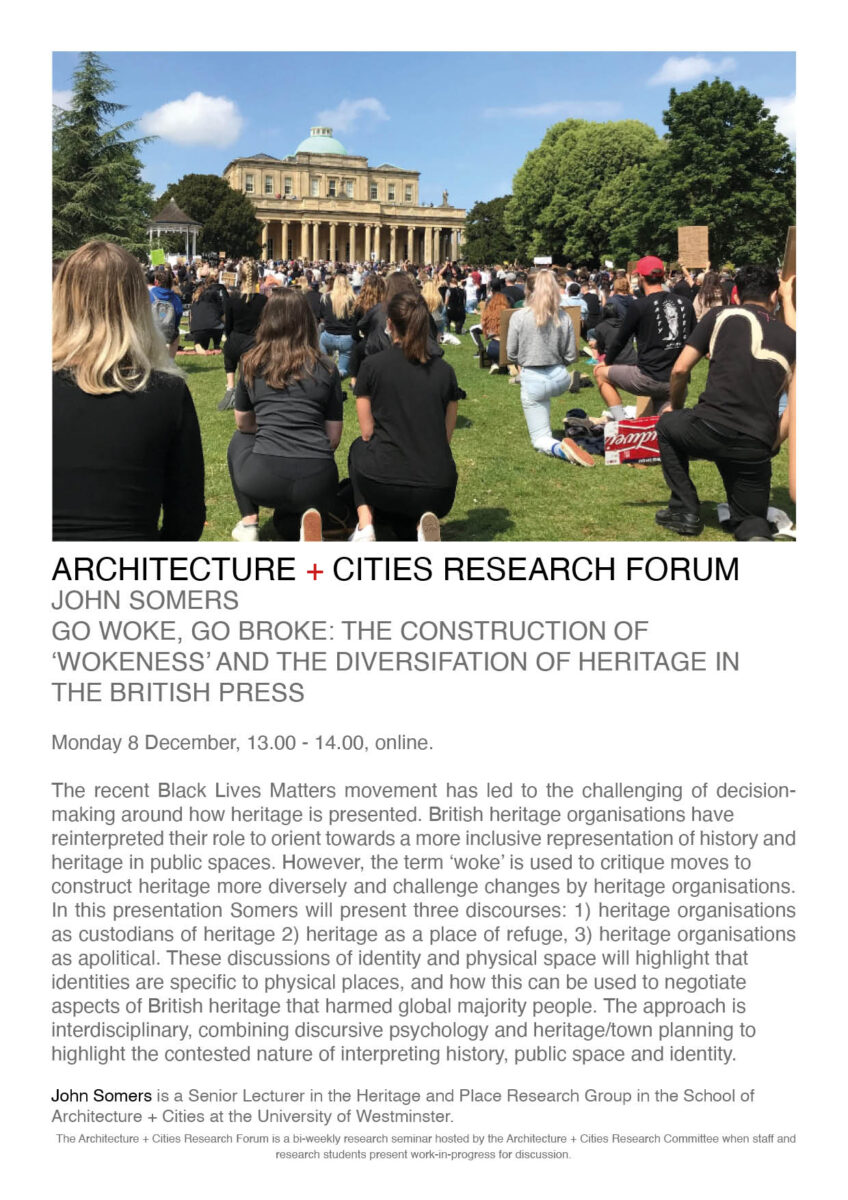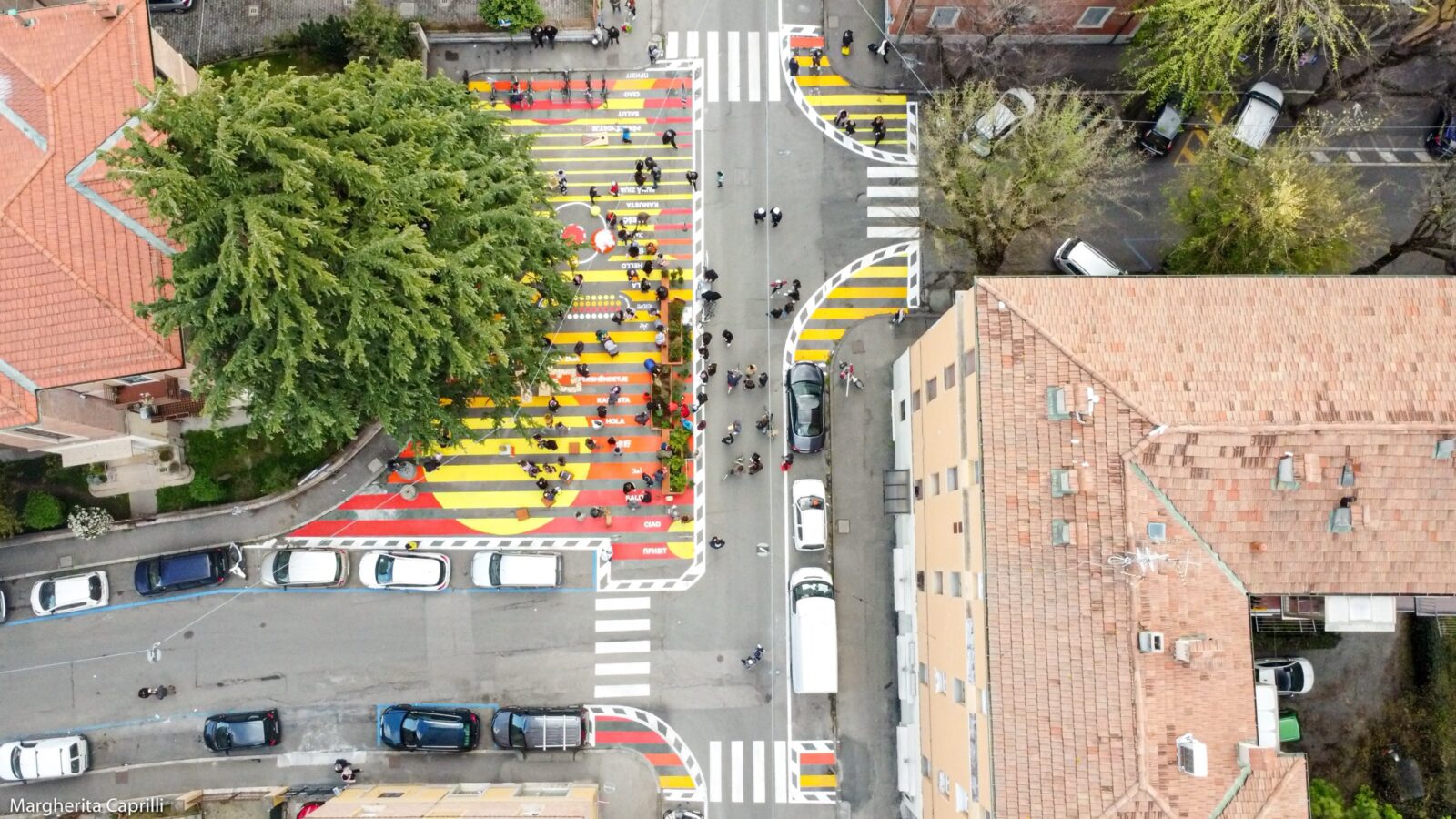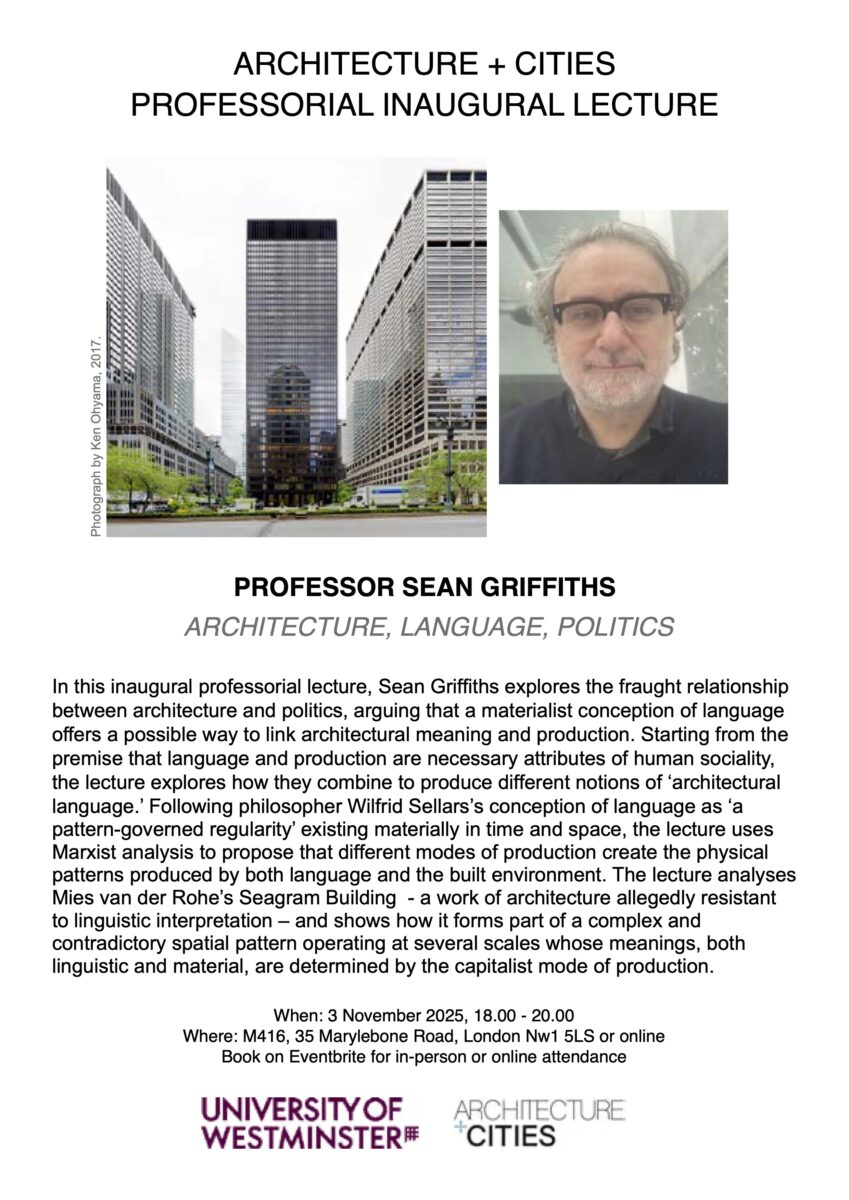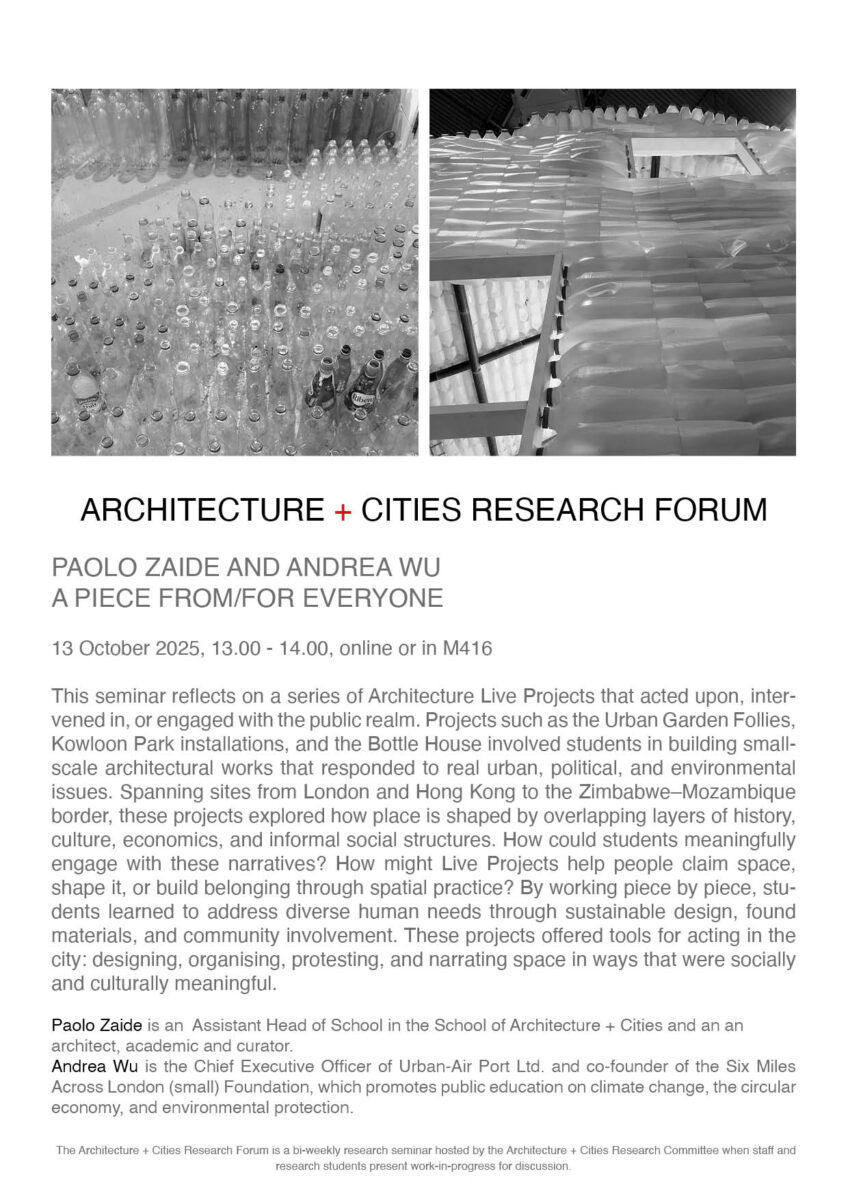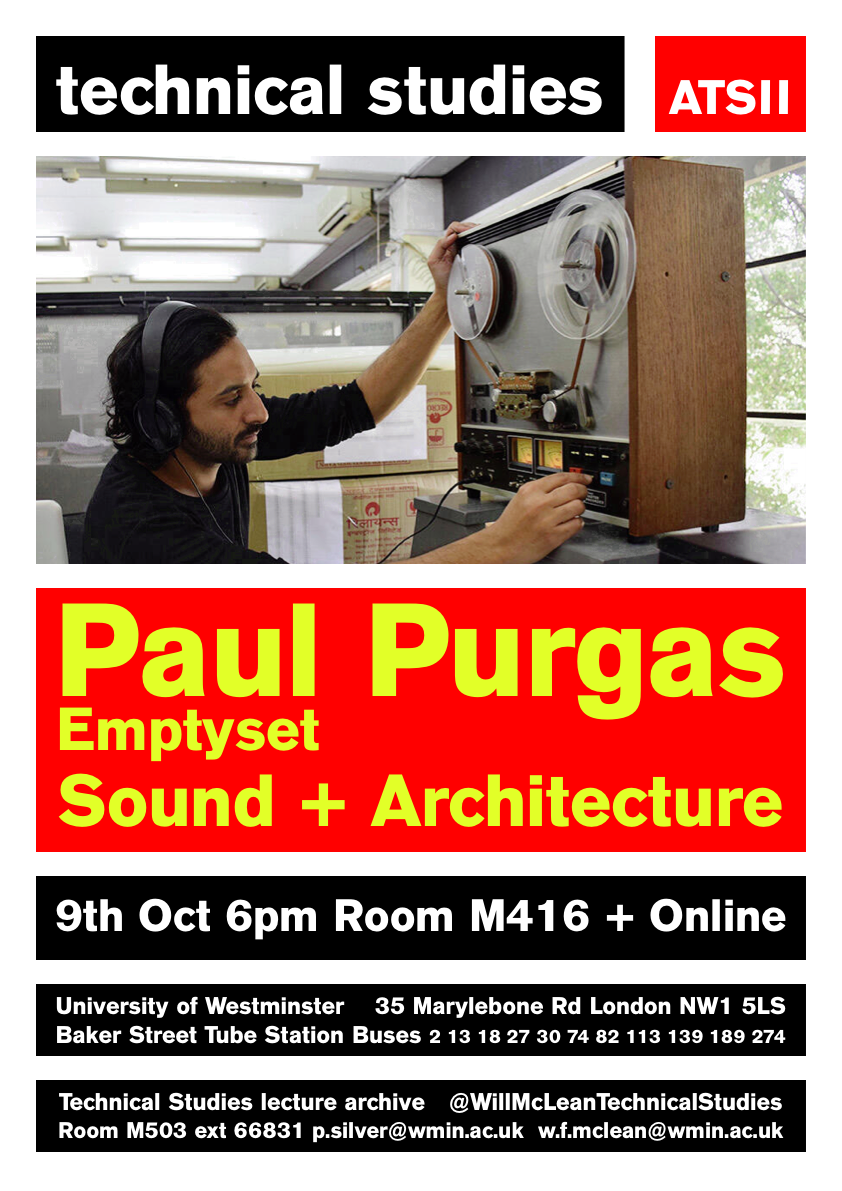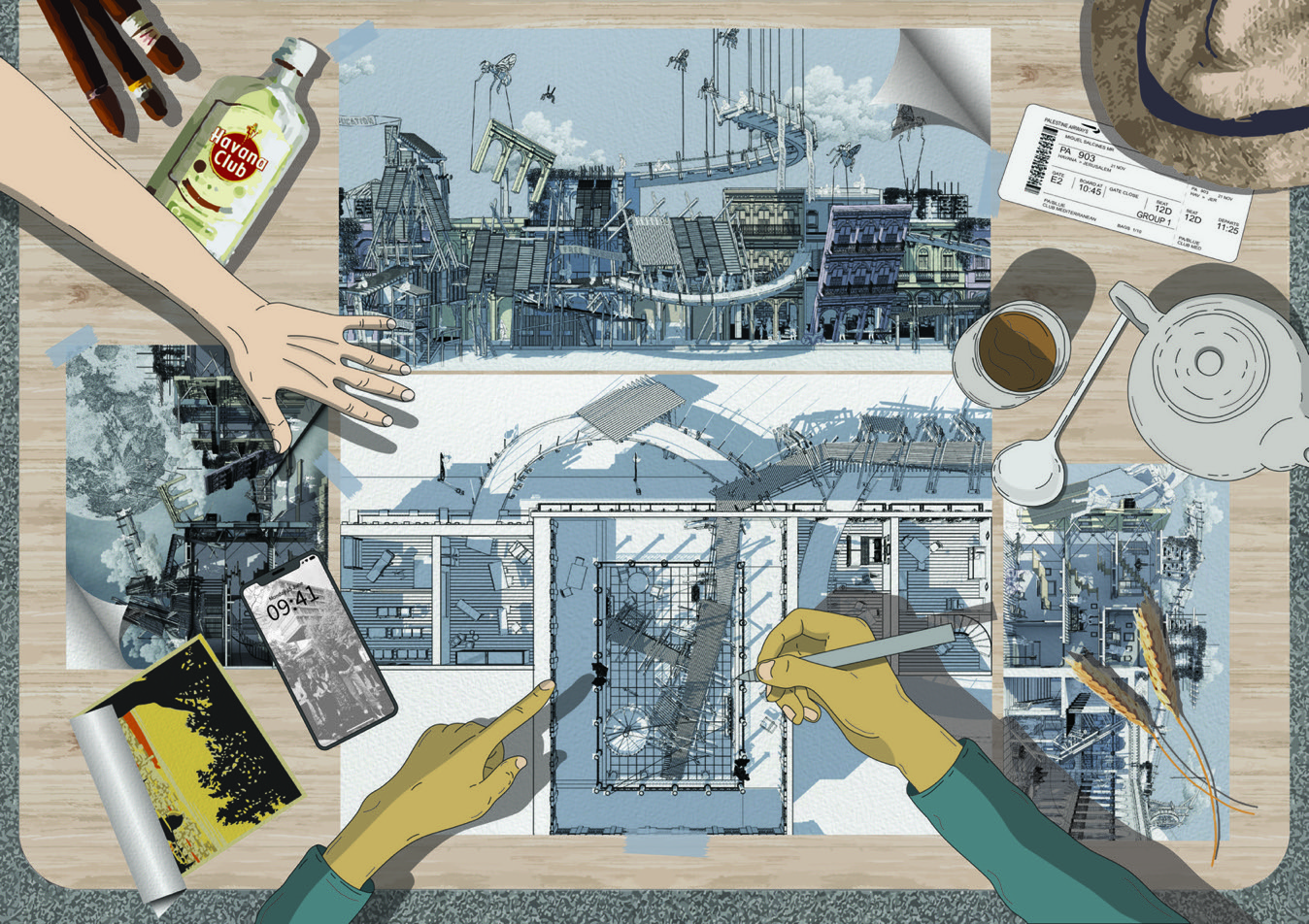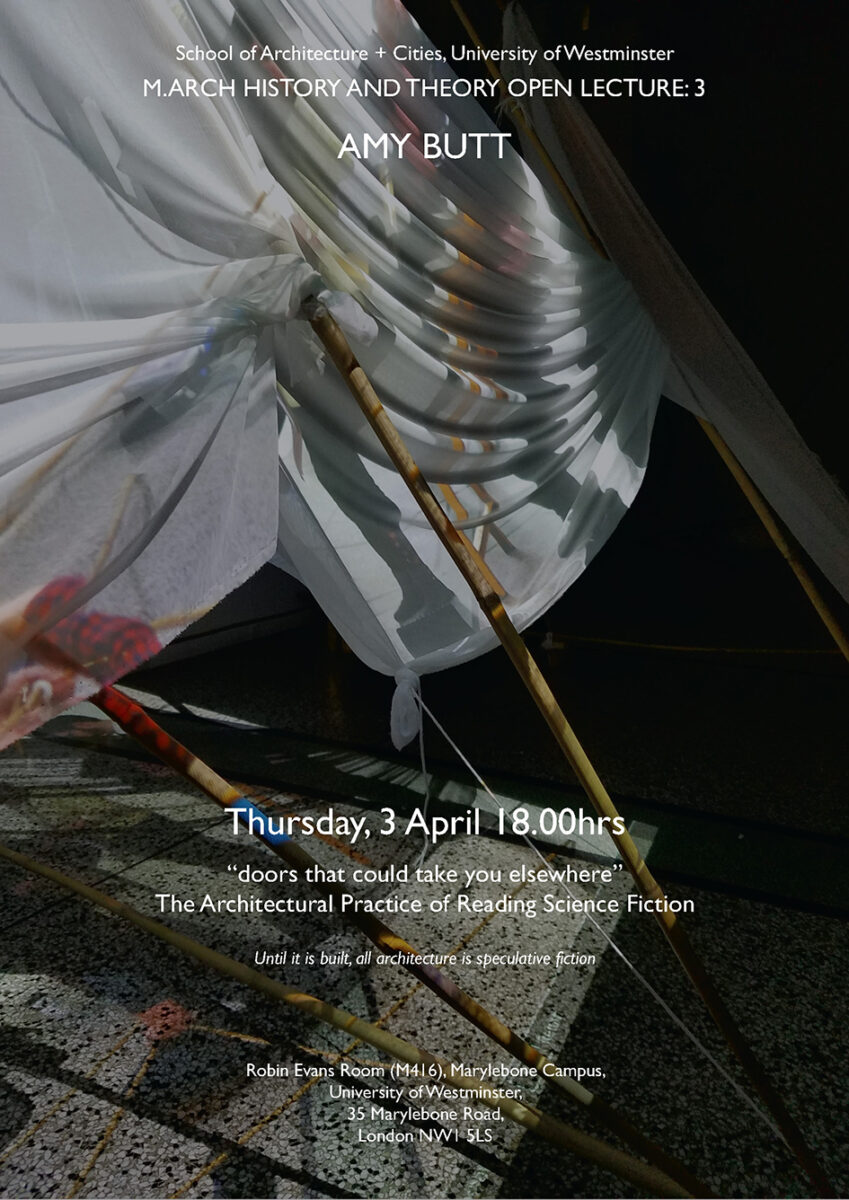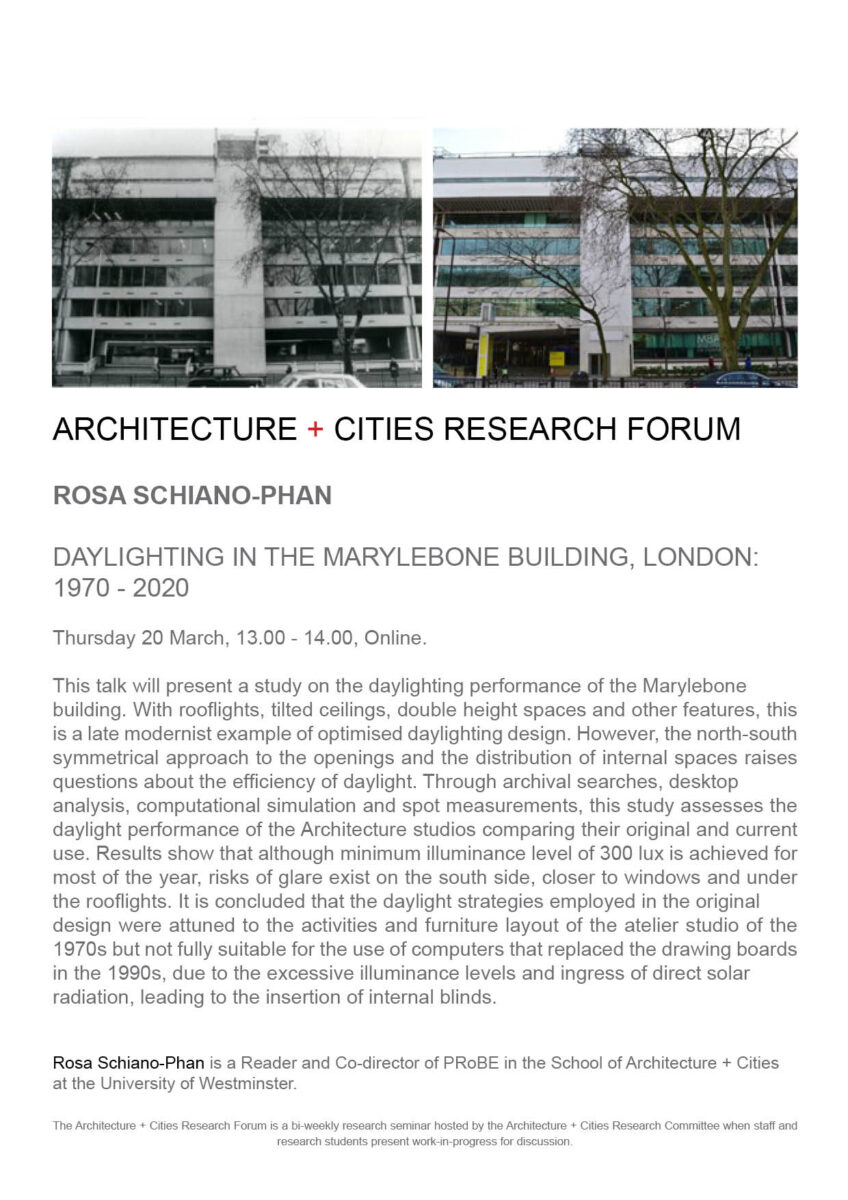When: Thursday, 27th of November 2025 at 6pm (GMT)
Where: M416 (Robin Evans Room), Marylebone Campus, University of Westminster, 35 Marylebone Road, NW1 5LS + Online
“We don’t necessarily see a ‘gap’ between design and construction; they are never as separate as they seem. We will often move from visualisations to 1:1 modelling and testing in quick succession, understanding that all are integral to the design process, to approaching the best possible version of a project”.
Dan Sibert
Dan Sibert joined Foster + Partners in 1995, became a Partner in 2004 and a Senior Partner in 2017. Dan has led international projects, at all scales, from design and planning through to completion. These projects range from commercial and residential schemes to hotels and cultural developments. Technology, sustainability, and human-centred design is at the core of his work.
Dan will be talking about how the workflow at Foster + Partners combines the digital (scripting and super accurate simulation) with the physical (early mock ups and full-scale tests using robot cutting).
Dan has worked on a series of high-profile projects that include the Smithsonian Institution Courtyard in Washington, which transforms the public’s experience of the Smithsonian’s galleries; Bloomberg, a new European headquarters for the company in the City of London; Comcast Technology Center, Philadelphia’s tallest building; the Amazon European Headquarters at Principal Place and Principal Tower, a thriving new neighbourhood in London and Power Station in Dogpatch, which creates thousands of new homes for San Francisco.
For details, please contact Dr Will McLean – w.f.mclean@westminster.ac.uk










